In this article, I discuss habits to help people heal from traumatic events--either to prevent the onset of post-traumatic stress disorder or to recover from it.
When a person suffers a traumatic events involving actual or feared death or serious injury, they experience a shock to their physical, cognitive and emotional system. Whether it be wartime experiences, assaults of various kinds, severe car accidents or other traumatic events, the multi-pronged negative impact can significantly disrupt a person’s life.
Fortunately, there are habits a person can engage in following a traumatic event which can help them to heal from it. If these habits are practiced in the early period after the event, they can help the person to avoid succumbing to post-traumatic stress disorder (PTSD) which entails suffering from symptoms for a long time after the event occurred. For people who do contract PTSD, these habits play a critical role in recovering from this issue.
In the following sections, I will discuss these habits which facilitate healing from traumatic events.
Habits to reclaim your life
Traumatic events typically result in a person getting away from doing their usual activities and routines. Slowly but surely reinstating these activities and routines is therefore one key to healing from a traumatic event. It instills the mindset that even though the event was very difficult and emotionally impactful at the time, it is no longer interfering with your life which you are reclaiming.
Habits to view triggers in a positive way
After you’ve experienced a traumatic event, you will get triggered by reminders of the event. These are situations, people, objects and other kinds of stimuli which are similar to those which were present during the traumatic event. Because of their association with the traumatic event, encountering triggers will lead you to experience a strong emotional reaction akin to what you experienced during the traumatic event.
Although the strong reaction you experience when you encounter these triggers may be unpleasant, viewing the reaction in a positive way will facilitate your healing from the traumatic event. Doing so entails telling yourself that having these reactions to triggers indicates that you are facing those stimuli reminding you of the event rather than avoiding them. And the more you encounter these triggers, the more your reaction to them will decrease until eventually you can be in these situations and no longer feel triggered by them.
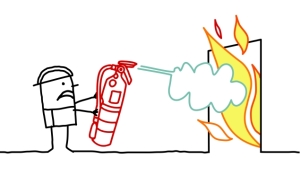
Habits to overcome avoidance
There is a tendency in the wake of a traumatic event to avoid any reminders and memories of the event because of the unpleasant thoughts you experience by facing them. Although it is reasonable to want to avoid this unpleasantness and focus on more pleasant aspects of your life, complete avoidance of reminders and memories of the event ultimately serves to hinder your healing from the event.
Gradually overcoming avoidance by exposing yourself to situations reminding you of the traumatic event as well as memories of the event will facilitate healing. Greater exposure will result in a decreased emotional reaction so that you are triggered less with each exposure. You will also begin to realize that there is nothing inherently scary about triggers and memories of the event. Remembering the event will also allow you to come to new insights and understandings which are more positive in nature compared with your initial views of the event. This will help you to put the traumatic event in the past.
Habits to overcome rumination
Despite the benefits to healing by thinking about the traumatic event, dwelling on negative thoughts—known as rumination—is not helpful. The thoughts people typically ruminate on are beliefs which are either not at all true or not completely true. Using cognitive restructuring skills such as thought records can help you to identify and change these negatively skewed beliefs so that rumination decreases.
You may find it helpful to receive some guidance in implementing these habits for healing from traumatic events by meeting with a psychologist who specializes in cognitive behavioural therapy (CBT). I help my clients in trauma counselling learn and practice these and other skills in my work as a Calgary psychologist and a Cochrane psychologist.
May you practice habits to heal from your traumatic events,
-Dr. Pat

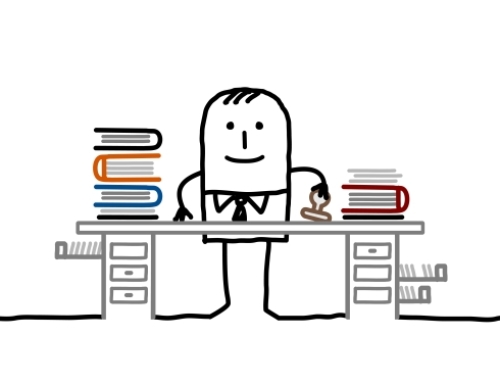
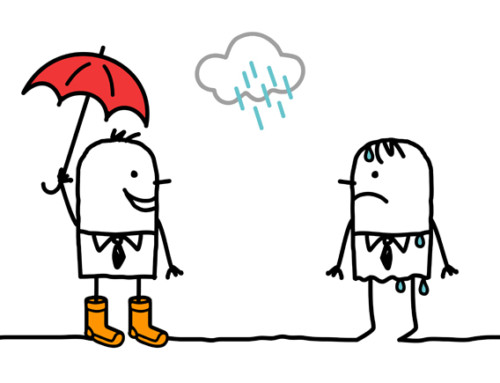
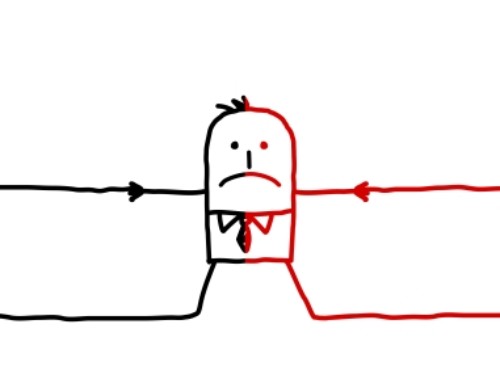
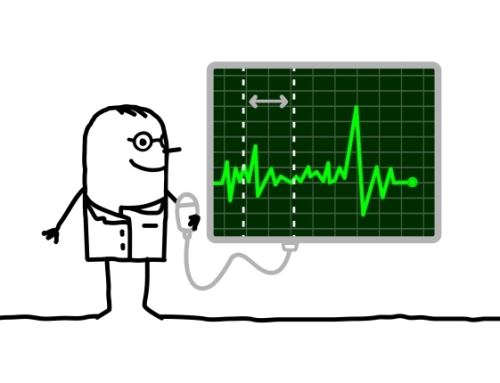
Do you think that you can help me? I was married to a man who after the birth of our first daughter physically and mentally abused me. I got a retraining order and we went for help for his anger and my fear. He and I healed and got back together. After a time, he starting the verbal abuse again. A common rant was how horrible I was and how everyone including our children would eventually turn against me. 20 years ago, I ended the marriage and went through years of court fighting. I wanted to save myself but also wanted to give my two daughters a better life.
At 13, my youngest daughter left my home and went to live with him. She lives there still at 25 years of age. Now the older one seems to spend all her free time going out to his and his new wife’s acreage. I am allergic to animals and they are now very involved with horses and dogs. I feel so overwhelmingly sad. I mourn my relationship with them and question my self worth doe to the years of mental torture he put me through. It seems in the end, he has made his prediction come true.